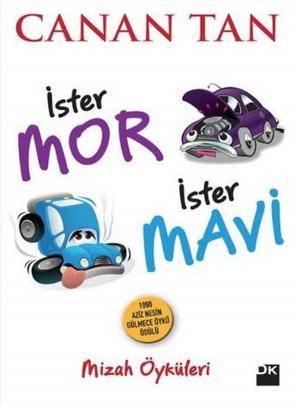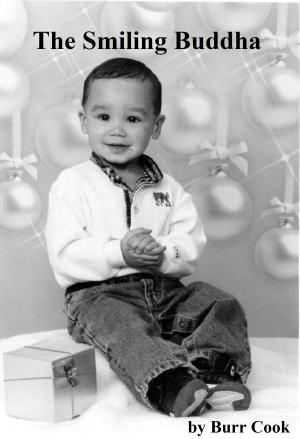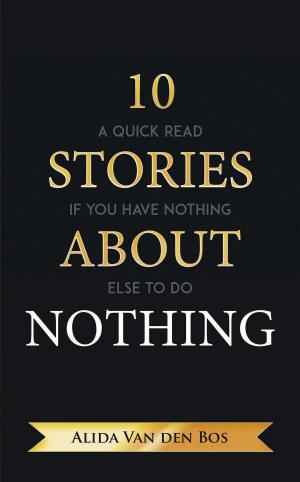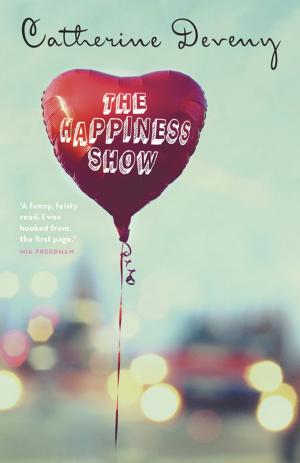| Author: | Iraj Pezeshkzad | ISBN: | 9781933823492 |
| Publisher: | Mage Publishers | Publication: | July 11, 2012 |
| Imprint: | Language: | English |
| Author: | Iraj Pezeshkzad |
| ISBN: | 9781933823492 |
| Publisher: | Mage Publishers |
| Publication: | July 11, 2012 |
| Imprint: | |
| Language: | English |
"The existence in Persian literature of a full-scale, abundantly inventive comic novel that involves a gallery of varied and highly memorable characters, not to mention scenes of hilarious farcical mayhem, may come as a surprise to a Western audience used to associating Iran with all that is in their eyes dour, dire and dreadful." (From the Preface)Set in a garden in Tehran in the early 1940s, where three families live under the tyranny of a paranoid patriarch, My Uncle Napoleon is a rich, comic and brilliantly on-target send-up of Iranian society. The novel is, at its core, a love story. But the young narrator's delicate and pure love for his cousin Layli is constantly jeopardized by an unforgettable cast of family members and the hilarious mayhem of their intrigues and machinations. It is also a social satire, a lampooning of the widespread Iranian belief that foreigners (particularly the British) are responsible for events that occurs in Iran. But most of all it is a very enjoyable, often side-splitting read that you wish did not have to end. First published in Iran in the early 1970s, the novel became an all-time best-seller. In 1976 it was turned into a television series and immediately captured the imagination of the whole nation-its story became a cultural reference point and its characters national icons. Dick Davis' superb English translation has not only captured the uproarious humor of the original but has also caught the delicate, underlying vibrancy of the Persian.
"The existence in Persian literature of a full-scale, abundantly inventive comic novel that involves a gallery of varied and highly memorable characters, not to mention scenes of hilarious farcical mayhem, may come as a surprise to a Western audience used to associating Iran with all that is in their eyes dour, dire and dreadful." (From the Preface)Set in a garden in Tehran in the early 1940s, where three families live under the tyranny of a paranoid patriarch, My Uncle Napoleon is a rich, comic and brilliantly on-target send-up of Iranian society. The novel is, at its core, a love story. But the young narrator's delicate and pure love for his cousin Layli is constantly jeopardized by an unforgettable cast of family members and the hilarious mayhem of their intrigues and machinations. It is also a social satire, a lampooning of the widespread Iranian belief that foreigners (particularly the British) are responsible for events that occurs in Iran. But most of all it is a very enjoyable, often side-splitting read that you wish did not have to end. First published in Iran in the early 1970s, the novel became an all-time best-seller. In 1976 it was turned into a television series and immediately captured the imagination of the whole nation-its story became a cultural reference point and its characters national icons. Dick Davis' superb English translation has not only captured the uproarious humor of the original but has also caught the delicate, underlying vibrancy of the Persian.















